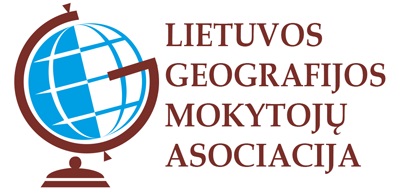Modal Verbs 2
Klausimas #1
Choose the correct MODAL:
are, can, could, do, does, has, have, must, should, would
"UNDERGROUND MUSIC"
Waiting for the Metro in Paris is a lot more pleasant nowadays, thanks to a project orchestrated by transit officials.
As Jim Bittermann reports, it brings a whole new concept to the term "underground music."
It may be rush hour in the Paris underground, but these days down here there are good reasons to slow down a little when commuting is more than just getting from A to B, when the transit be too rapid.
Increasingly, the underground tunnels Parisians know as the Metro echo with music worth being late for. That wasn't, and even today, isn't always the case. There's never a shortage of those risking starvation by attempting to sing for their supper, and there's always someone to appreciate an artist struggling.
In the past, without much success, authorities periodically tried to eject the would-be musicians who inflict themselves on the travelling public. But with their numbers continually growing, the situation seemed to be getting out of hand.
Transit officials came to the conclusion that if they not beat the musicians at their game, perhaps they perhaps join them, or at least organize it a little better. So just over a year ago, they set up auditions to select the 300-or-so performers who become the official underground musicians of Paris.
And it is now an ongoing process. Every six months, all the officially sanctioned musicians, minus those who found real work and plus those looking for a underground gig, appear at a Metro audition.
Antione Nazo, a one-time guitar plucker himself, video tapes them all for approval by a music committee. "We not have the pretension that we selecting music virtuosos," Nazo says. "We just put ourselves in the shoes of the riders. We want good quality music, not too aggressive, and as diversified as possible."
Diversification never been a problem in Paris. A city which, as a current exhibition on street musicians plainly illustrates, has more than two centuries of encouraging the artists who work its boulevard.
For those selected to be the Metro's officially sanctioned performers, there's a badge which ensures they work uninterrupted by transit authority police, and which often guarantees as well a good well travelled spot in a busy metro station, which some musicians, when the mood of the travelling public is right, mean as much as 600 euros a day in income.
Of course, that not happen every day to everyone. But many down here are not looking for a fortune.
Paul Suzan said that "the people who play here play because they first of all, they love the music. But it keeps you in shape and gives you some pocket money".
After a year in operation, Metro authorities believe their official musicians raised the quality of underground performances and the mood of the travelling public, and prove that there's more than one way an underground move people.
Atsakymų variantai rodomi tik registruotiems sistemos eTest.lt vartotojams. Mokytojo registracija, mokinio registracija
Taškų skaičius už teisingą atsakymą: 15





